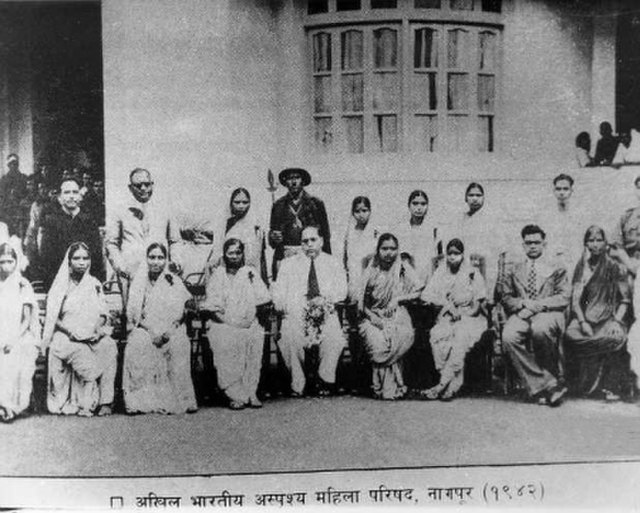The baekjeong were an untouchable caste in Korea, originating from some minority, nomadic groups of disputed ethnicity. In the early part of the Goryeo period (918–1392), these minorities were largely settled in fixed communities. However, the Mongol invasion left Korea in disarray and anomie and these groups became nomadic. Subgroups of the baekjeong included the chaein and the hwachae (禾尺) or suchae (水尺), who were primarily butchers. The baekjeong occupied specific professions like butchery, tanning, basket weaving and performing executions. During the Goryeo period, "baekjeong" was used as a neutral term to refer to the common people. From the time of the Joseon dynasty, it became an insulting title used to refer to the lowest class of society. In addition, since the Joseon dynasty, "baekjeong" has been also used to denigrate a person. In contemporary South Korea, the term is mainly associated with the meaning of a butcher and even used in the restaurants' names.

A masked person acting as a baekjeong butcher in a play
Untouchability is a form of social institution that legitimises and enforces practices that are discriminatory, humiliating, exclusionary and exploitative against people belonging to certain social groups. Although comparable forms of discrimination are found all over the world, untouchability involving the caste system is largely unique to South Asia.
B. R. Ambedkar with the leaders and activists of the All India Untouchable Women Conference held at Nagpur in 1942


